detail profile fritz lichtenhahn
Peran Yang Di Mainkan Fritz Lichtenhahn
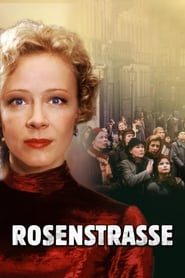 When Ruths husband dies in New...
When Ruths husband dies in New...Rosenstrasse 2003
When Ruth's husband dies in New York, in 2000, she imposes strict Jewish mourning, which puzzles her children. A stranger comes to the house - Ruth's cousin - with a picture of Ruth, age 8, in Berlin, with a woman the cousin says helped Ruth escape. Hannah, Ruth's daughter engaged to a gentile, goes to Berlin to find the woman, Lena Fisher, now 90. Posing as a journalist investigating intermarriage, Hannah interviews Lena who tells the story of a week in 1943 when the Jewish husbands of Aryan women were detained in a building on Rosenstrasse. The women gather daily for word of their husbands. The film goes back and forth to tell Ruth and Lena's story. How will it affect Hannah?
 Roni Beck is a man whose...
Roni Beck is a man whose...Comedian 2000
Roni Beck is a man whose only thought in life is to become a professional comedian, but who due to his lack of success must live hidden in his mother's appartment in an old people's home, continuing to believe firmly that his day in the limelight will come. One day Serge Grätzer, the director of the old people's home, discovers Roni, and makes him help out with the work. Serge then decides to take a hand in Roni's career, embezzling money to launch the budding comedian. Once again however success eludes Roni. In the end Serge decides to fulfil his own secret longings to be on the stage. This leads to a row between the two men. Despite a reconciliation, they never again appear together on the stage. And when Serge's embezzlement is discovered he has to flee with the police at his heels and the home has to be closes. In the end, Roni persuades Mr. Klein, an eccentric old man who likes to play the stock market, to save the home with the millions he has stashed away.
 The former waiter Ernst Held believes...
The former waiter Ernst Held believes...Herr Ober! 1992
The former waiter Ernst Held believes himself to be called higher and seeks self-realization as a poet. When he recites poems to his wife's beautician in an ambiguous situation, his wife puts him out the door. Completely destitute, the thwarted poet must therefore return to the lowlands of life and become the head in the Munich pub "Goldener Löffel".
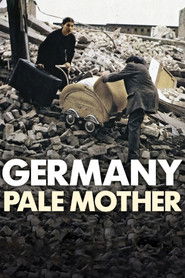 Germany 1939 Hans and Lene marry the...
Germany 1939 Hans and Lene marry the...Germany Pale Mother 1980
Germany 1939. Hans and Lene marry the day before the war breaks out, and Hans is sent to the Eastern front. During a bombing raid their daughter Anna is born. The house is destroyed and Lene and Anna moves in with relatives in Berlin. Hans survives the war but he is not the same person as in 1939, and he and Lene find it difficult to live together again.
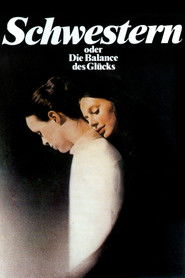 Sisters Maria and Anna live together...
Sisters Maria and Anna live together...Sisters, or The Balance of Happiness 1979
Sisters Maria and Anna live together. Maria is a most proficient executive secretary, encouraging Anna to finish her studies and start a career. Anna broods, threatens to quit university, takes pills, and keeps a diary. When Maria's relationship with Maurice, the son of her boss, starts to lead to love, Anna takes a selfish and drastic step that plummets Maria into solitude. No longer able to connect with Maurice, Maria does establish a relationship with Miriam, a typist at her office who becomes a surrogate younger sister. But Maria is intrusive as well as helpful. Can this or any relationship work out for this talented woman whose past seems to choke her soul?
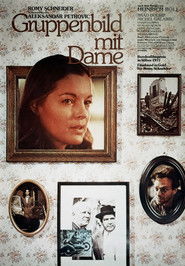 Leni Gruyetin a resident of Nazi...
Leni Gruyetin a resident of Nazi...Group Portrait with a Lady 1977
Leni Gruyetin, a resident of Nazi Germany, lives a tumultuous life as she bears witness to the fascist regime of the Nazis.

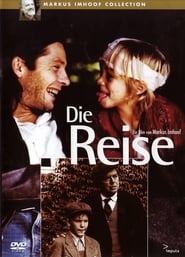 An unusual family story about two...
An unusual family story about two...
 The life and struggles of the...
The life and struggles of the...